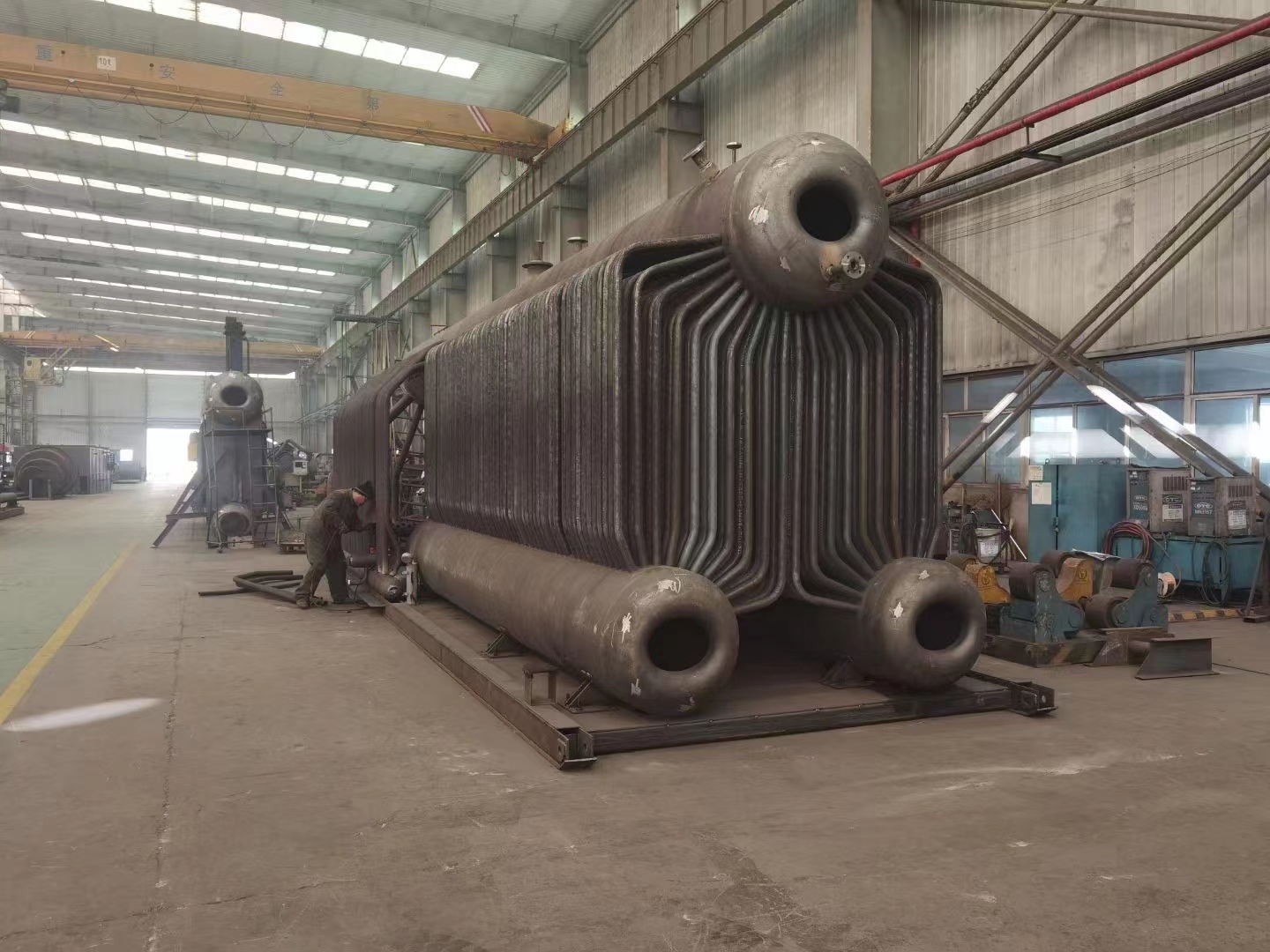Comprehensive Maintenance Solutions for Enhanced Efficiency in Thermal Oil Systems and Operations
Understanding Thermal Oil System Service A Vital Component in Industrial Heating
Thermal oil systems, widely utilized in various industries, are essential for providing reliable and efficient heat transfer. These systems typically employ organic thermal oils as heat transfer fluids, which have unique properties that allow them to operate at high temperatures and low pressures. Given their importance, regular thermal oil system service is crucial to ensure optimal performance and longevity.
The Role of Thermal Oil Systems
Thermal oil systems are integral to processes that require consistent and accurate temperature control, such as in chemical manufacturing, food processing, pharmaceuticals, and plastics production. The thermal oil serves as a medium to transfer heat from the heat source to the desired application without the disadvantages associated with steam or water heating systems. This flexibility allows industries to achieve temperatures ranging from 300 to 400 degrees Celsius, significantly enhancing production efficiency.
Importance of Regular Service
Just like any other mechanical system, thermal oil systems require regular maintenance to prevent breakdowns and extend their operational life
. Routine service encompasses several critical tasks1. Oil Sampling and Analysis One of the most effective ways to monitor the health of a thermal oil system is through regular oil sampling. The analysis can reveal the presence of contaminants, oxidation levels, and thermal stability. Based on the findings, appropriate adjustments, such as oil replacement or purification, can be recommended.
2. System Inspections Routine inspections of the thermal oil system can identify potential issues such as leaks, corrosion, and wear in components like pumps, pipes, and heat exchangers. These inspections help detect problems early, thereby reducing the risk of major operational disruptions.
thermal oil system service

3. Cleaning and Flushing Over time, thermal oil systems can accumulate deposits that hinder efficiency. Regular cleaning and flushing of the system help maintain optimal heat transfer capabilities, ensuring the system runs smoothly and effectively.
4. Calibration of Controls Accurate temperature control is vital for the consistent performance of thermal oil systems. Regular servicing includes calibrating control instruments to ensure they provide precise readings and maintain the desired temperature levels.
5. Safety Checks Safety is paramount in any chemical processing industry. Regular service checks are essential to ensure that safety devices, such as pressure relief valves and temperature sensors, are functioning correctly. This helps prevent accidents and ensures compliance with industry regulations.
Benefits of Professional Service
Engaging professional service for thermal oil systems ensures that experienced technicians carry out the maintenance and inspections. These professionals possess the expertise to identify issues that might not be apparent to untrained personnel. Additionally, having a service contract can lead to
- Improved Reliability Regular maintenance reduces the risk of unexpected breakdowns, leading to more reliable operations. - Cost Efficiency Addressing issues before they escalate into major problems reduces repair costs and minimizes production downtime. - Energy Efficiency A well-maintained thermal oil system operates more efficiently, leading to lower energy consumption and operational costs.
Conclusion
In conclusion, thermal oil systems play a critical role in various industrial applications requiring effective heat transfer. Regular maintenance and service of these systems are essential to ensure optimal performance, safety, and longevity. As industries continue to evolve, the demand for efficient thermal oil systems remains paramount, emphasizing the need for comprehensive service solutions that can adapt to these changes while maintaining operational excellence. Regular service not only enhances system reliability but also contributes to the overall efficiency and sustainability of industrial processes.
-
High-Efficiency House Hot Water Boiler Supplier & Factory Reliable House Hot Water Boiler Product SolutionsNewsJul.04,2025
-
Top Boiler Dealer & Supplier Quality Boiler Dealer Products from Factory DirectNewsJul.04,2025
-
High-Efficiency Waste Heat Recovery Boiler Expert Service & QuotesNewsJul.04,2025
-
Top Industrial Boiler Contractors Supplier & Factory Quality Products & ServicesNewsJun.10,2025
-
Panasonic Hot Water Boiler - Reliable & Energy Efficient Heating SolutionNewsJun.10,2025
-
Pennco Steam Boilers High-Efficiency & Durable SolutionsNewsJun.10,2025

